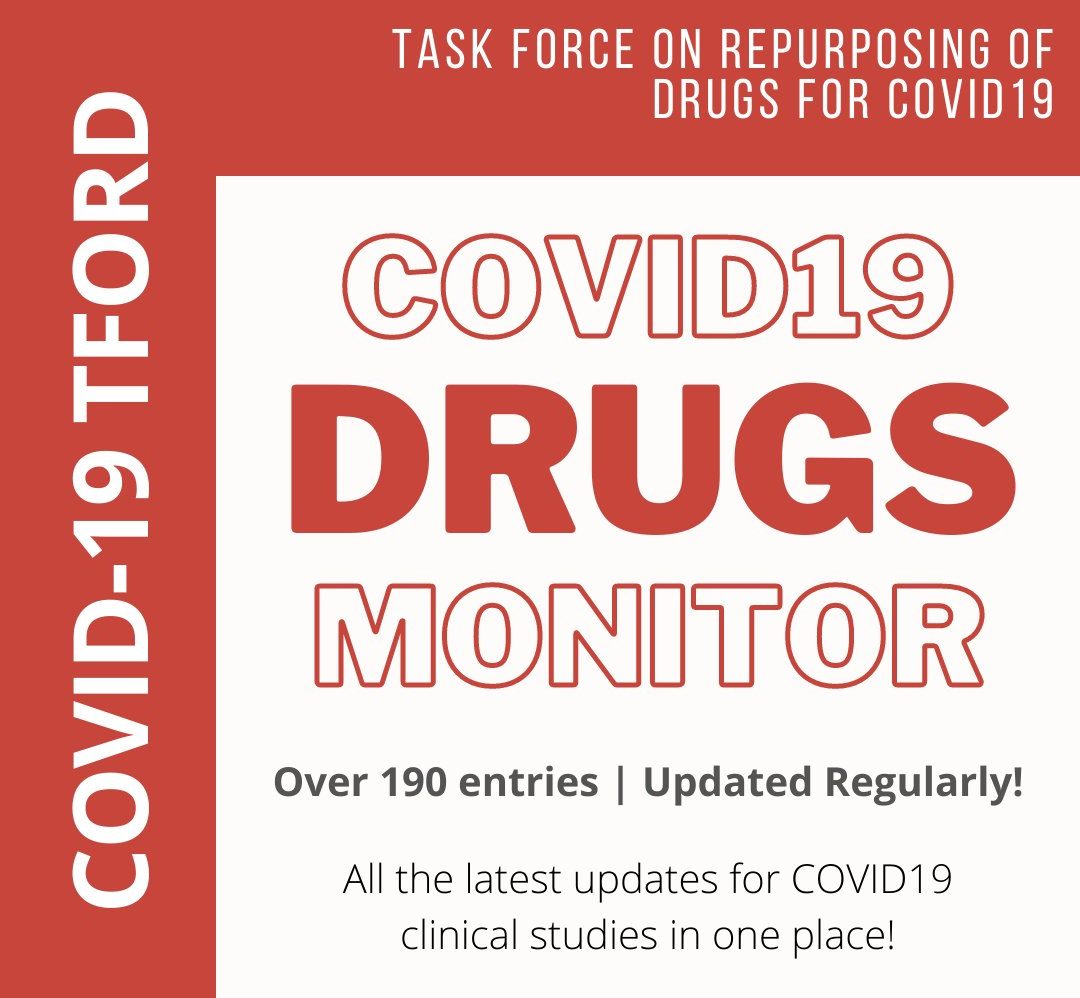(28 May 2020) Chloroquine & Hydroxychloroquine- S-HCQ found to be 60% more active against SARS-CoV-2 than R-HCQ, in-vitro
Enantiomers of Chloroquine and Hydroxychloroquine Exhibit Different Activities Against SARS-CoV-2 in vitro, Evidencing S-Hydroxychloroquine as a Potentially Superior Drug for COVID-19
https://doi.org/10.1101/2020.05.26.114033
In all of the clinical trials for COVID-19 conducted thus far and among those ongoing involving chloroquine or hydroxychloroquine, the drug substance used has invariably been chloroquine (CQ) diphosphate or hydroxychloroquine (HCQ) sulfate, i.e., the phosphoric or sulfuric acid salt of a racemic mixture of R- and S-enantiomer (50/50), respectively. As a result, the clinical outcome from previous CQ or HCQ trials were, in fact, the collective manifestation of both R and S enantiomers with inherent different pharmacodynamic and pharmacokinetic properties, and toxicity liabilities. This data for the first time demonstrated the stereoselective difference of CQ and HCQ against live SARS-CoV-2 virus in a Biosafety Level 3 laboratory. S-chloroquine (S-CQ) and Shydroxychloroquine (S-HCQ) were found to be 27% and 60% more active against SARS-CoV-2, as compared to R-CQ and R-HCQ, respectively. With these data and previous work on stereoselective metabolism of CQ and HCQ, authors recommend that future clinical studies should employ S-HCQ as a potentially superior drug substance for the treatment of COVID-19 for improved therapeutic index.
